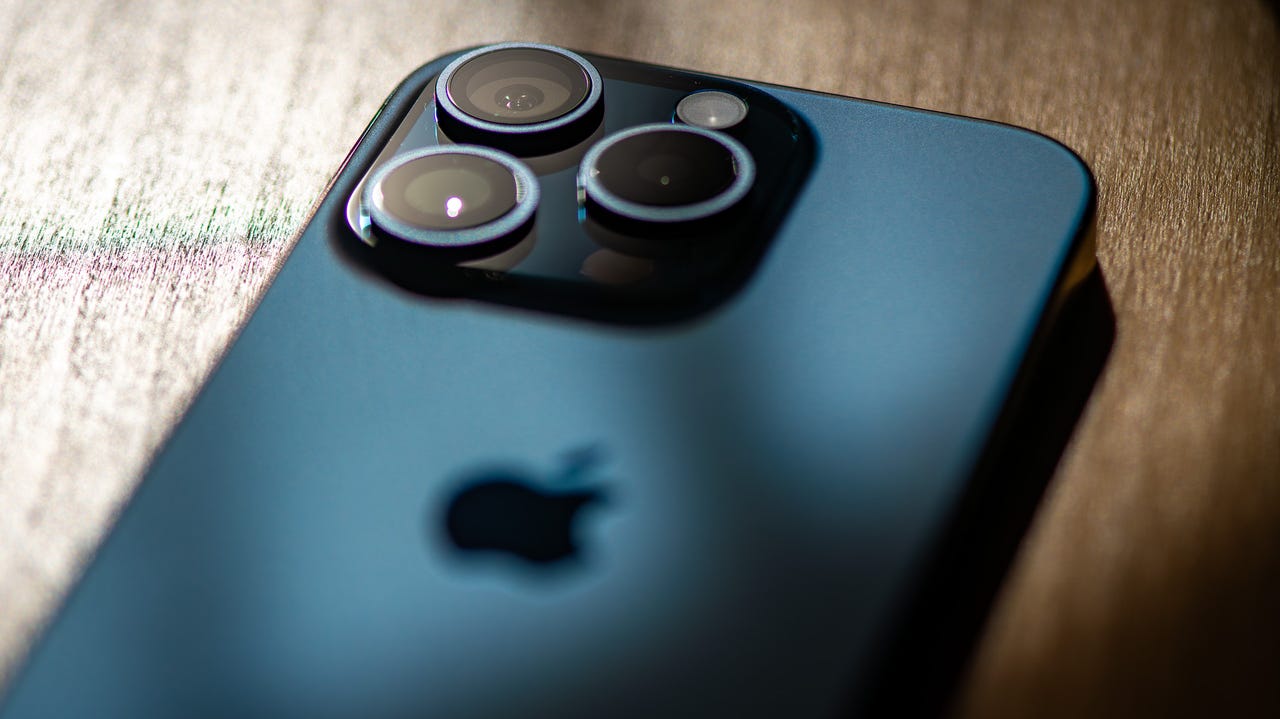Apple to bring RCS messaging support to iPhones starting next year, but at what cost?
The iPhone will be gaining RCS (Rich Communication Services) support starting next year, as Apple has confirmed to 9to5Mac. The messaging standard, currently adopted by Android phones and carriers nationwide, will allow for a more cohesive communication experience between iPhones and Android devices.
Also: iMessage on Android is happening, thanks to Nothing
This comes at a time when companies like Google, Samsung, and, just this week, Nothing, continue to pressure the Cupertino tech giant to make the switch in order to foster better interoperability and feature parity across different operating systems and products.
Right now, communicating with a non-iPhone user through iMessage sees several feature limitations, including the lack of typing indicators, disorientated group chats, and image sending at a lower resolution. RCS alleviates those pain points and, by leveraging both cellular and Wi-Fi services, introduces other user benefits like location-sharing and read receipts between iPhones and Androids.
In a statement to 9to5Mac, Apple says “Later next year, we will be adding support for RCS Universal Profile, the standard as currently published by the GSM Association. We believe RCS Universal Profile will offer a better interoperability experience when compared to SMS or MMS. This will work alongside iMessage, which will continue to be the best and most secure messaging experience for Apple users.”
Also: Google urges EU regulators to make Apple open up iMessage
It’s worth noting that RCS adoption doesn’t spell the end of iMessage. Apple’s text messaging service remains the safer and more private platform thanks to end-to-end encryption support. Instead, the opening up of one of Apple’s most influential vantage points — having a “superior” texting experience than Android — means that there’s more of a safety net now to try a device that doesn’t have an Apple logo attached.
How this decision ultimately affects the iPhone’s future (read: sales), especially among teenagers who may find appeal in foldable phones and devices that look and feel like iPhones but have more unique design aesthetics, is up in the air. What’s certain is that sometime next year, we may hear a little less chatter about who’s in the right when it comes to messaging protocols.

The iPhone will be gaining RCS (Rich Communication Services) support starting next year, as Apple has confirmed to 9to5Mac. The messaging standard, currently adopted by Android phones and carriers nationwide, will allow for a more cohesive communication experience between iPhones and Android devices.
Also: iMessage on Android is happening, thanks to Nothing
This comes at a time when companies like Google, Samsung, and, just this week, Nothing, continue to pressure the Cupertino tech giant to make the switch in order to foster better interoperability and feature parity across different operating systems and products.
Right now, communicating with a non-iPhone user through iMessage sees several feature limitations, including the lack of typing indicators, disorientated group chats, and image sending at a lower resolution. RCS alleviates those pain points and, by leveraging both cellular and Wi-Fi services, introduces other user benefits like location-sharing and read receipts between iPhones and Androids.
In a statement to 9to5Mac, Apple says “Later next year, we will be adding support for RCS Universal Profile, the standard as currently published by the GSM Association. We believe RCS Universal Profile will offer a better interoperability experience when compared to SMS or MMS. This will work alongside iMessage, which will continue to be the best and most secure messaging experience for Apple users.”
Also: Google urges EU regulators to make Apple open up iMessage
It’s worth noting that RCS adoption doesn’t spell the end of iMessage. Apple’s text messaging service remains the safer and more private platform thanks to end-to-end encryption support. Instead, the opening up of one of Apple’s most influential vantage points — having a “superior” texting experience than Android — means that there’s more of a safety net now to try a device that doesn’t have an Apple logo attached.
How this decision ultimately affects the iPhone’s future (read: sales), especially among teenagers who may find appeal in foldable phones and devices that look and feel like iPhones but have more unique design aesthetics, is up in the air. What’s certain is that sometime next year, we may hear a little less chatter about who’s in the right when it comes to messaging protocols.
